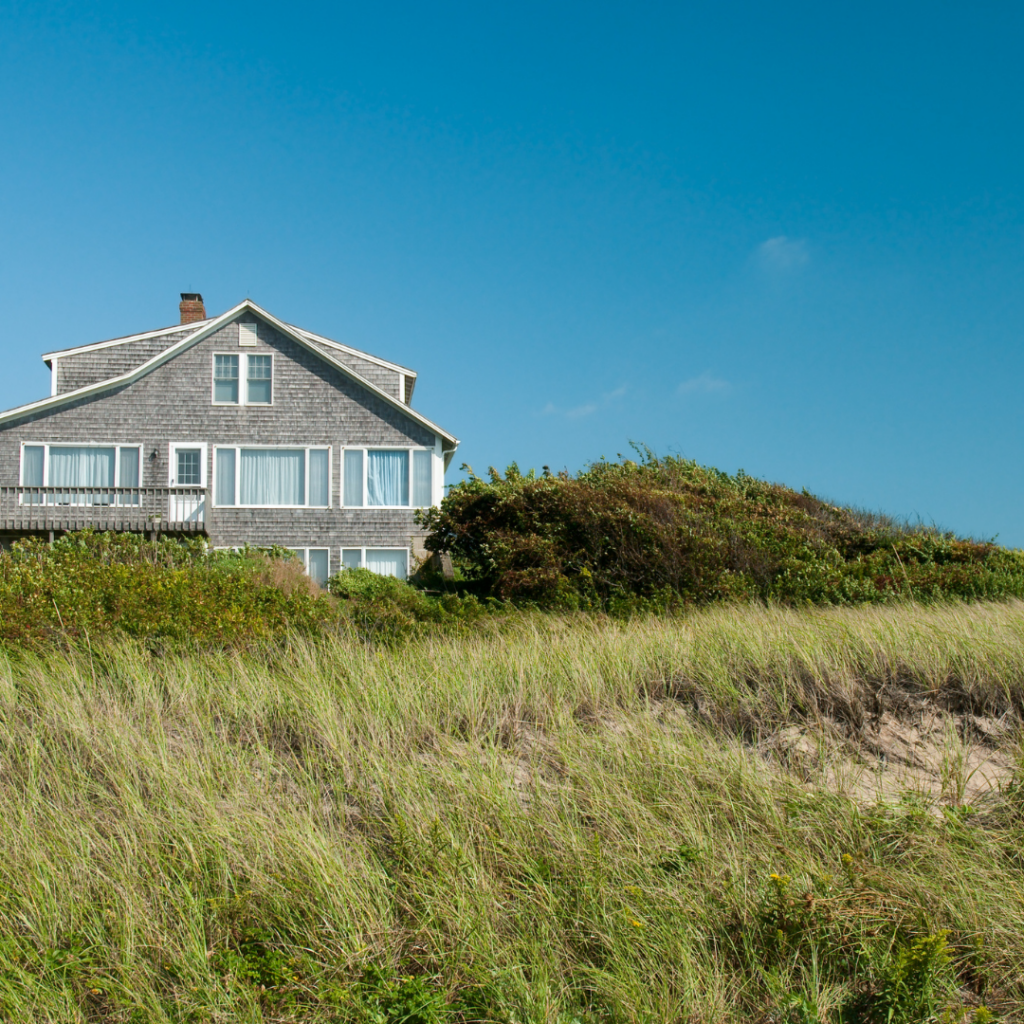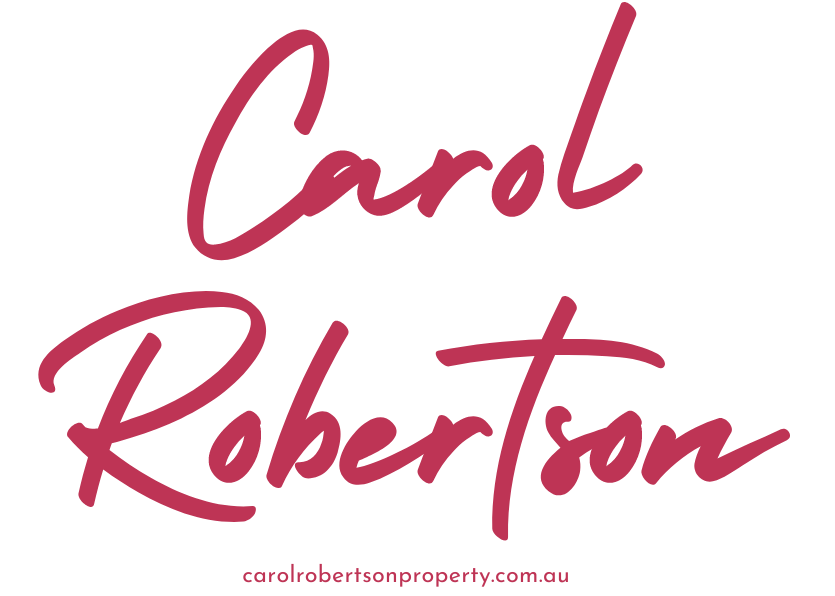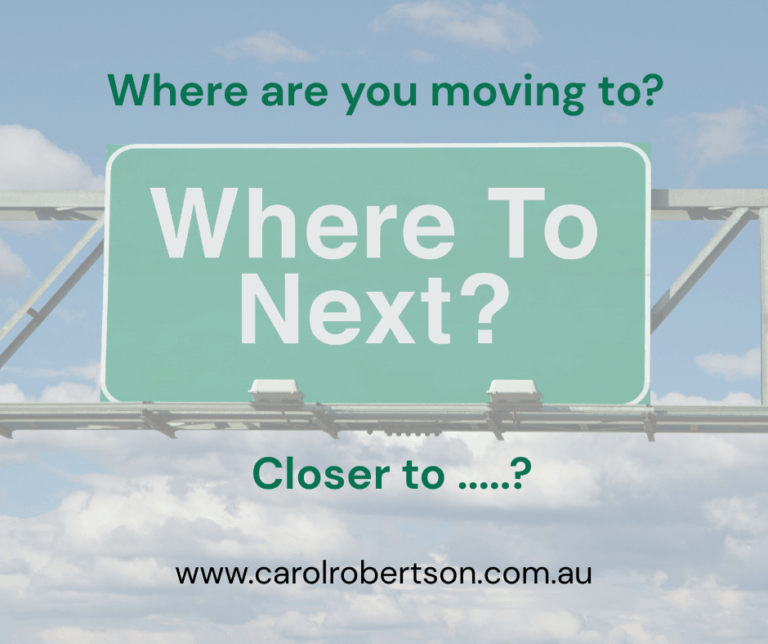FIRST STEPS TO BUYING A HOME WHEN YOU ARE OVER 60
Buying a home when you are over 60 is a similar process to buying a home when you are 30. The biggest difference is that you probably won’t have 40 years to make up financially for an error in judgment. Buying a home based purely on emotion when you are at the beginning of your homeowner journey and career is one thing, buying a home on impulse at 65, 70, or 80 just shouldn’t happen. My role as a real estate advocate is not to dictate to you, but it is to find out what you really want, need, and must have and help you stick to it.
Our own new home journey is fun, it’s exciting and for the first time, we can buy without needing to consider where we need to get to for work, for schools, or really, for anyone else. Our own new home journey is frustrating, there are so many things to consider, including getting our home ready to sell and where we want to go.
Let’s tackle knowing what you want and where you want to go (getting your home ready to sell is cringeworthy, the volume of ‘stuff’ you accumulate after living in your home for a couple of decades is mind-boggling and another story altogether).
KNOW WHAT YOU WANT
What do you want in your new home? Do you want it to be a similar size to your current home and downscale the land and garden? Do you want your new home to be all on one level with internal garage access? There is a lot to consider and working out what you want is Step One.
Step Two is writing a list of What You Need. Do you really need a five-bedroom, three-bathroom house on half an acre? Would three bedrooms, two bathrooms, and a powder room suffice? Do you need a separate library or could you incorporate the library into your second living space? I have previous clients who used their garage as their library/office and were not as fussed that their car sat outside.
Step Three is what you absolutely must have. If the home doesn’t have it and you cannot add it easily, then you would not/ should not buy the home. This is where overcoming the impulse of finding what seems to be your perfect home needs to be overcome by ‘real life’, the practicalities. Wanting a single-storey home, impulsively buying a two-storey home without any downstairs space to incorporate a main bedroom and bathroom is a big problem. As we age, stairs can be a problem, when all those years of sport catch up to us or we need a knee operation, hip operation etc.

KNOW HOW YOU WILL PAY FOR IT
Will you buy your new home outright (without a mortgage), will you need a home loan or bridging finance, will you dip into your Super for the right home? There are a number of questions in buying this next home.
Getting a loan when you are older is harder. The banks have thrown money at you for years and all of a sudden they want you to jump through hoops. The lenders concern is getting their money back. They want to know how you will pay for it and what is your exit strategy.
How will you pay the loan off, how long will it take, and what if something unexpected happens? They may give you a 15-year loan because you intend to work until you are 75 (ish) but what if your health prevents this or your career disappears because of new technology? This is life, stuff happens and the lender wants to know what you will do to lessen their risk.
If you intend to buy without a loan, buying outright, in cash then do you need to sell first? Do you have access to the funds required for the deposit? Deposits are usually 10% of the home purchase price. On a million-dollar purchase then expect to need a $100,000 deposit. Less can be negotiated, particularly on a short Settlement but knowing what is expected and whether you can do it is important information before you buy.
Additional moving costs include but are not limited to Agents fees, Removalist fees, Legal fees, and Stamp Duty.

TIMING
The third step in the trilogy of buying a home when you are over 60. When do you want to be in your new home and what timeline will be needed to make that happen? I thought we would be on the market in August, decluttering, volunteer, and work commitments have made that date more likely to be August 2024 than August 2023.
We need to Sell first. I want to know where we are going. Which area do we want to live in, what properties are available, how much are they, are we willing to spend that much and can we afford to spend that much?
Downsizing our space and relocating can be tricky. We have expectations of a lifestyle. The research and searching are kind of fun but also kind of alarming.
Buy first, Sell first, do both at the same time. Know what is involved in each decision and how you can make it happen.
I am learning about this too even after 20-plus years in real estate. As I said before decluttering is time-consuming and stressful. Deciding what to take and what to get rid of is hard. The children (adults now) don’t want to take anything but there are memories we want to keep. What furniture will we take? This is somewhat unknown until we find our next home.

My Path To Buying a Home:
1 make lists (I love a list to help keep me on track and organised)
2 know what we need to do to present the home ready to sell
3 declutter and then declutter more
4 research where you want to go
5 what do you want, need, and must have with your new home
6 research who you will sell your home with (this is massive, more on this later)
7 do any repairs and presentation tasks
8 list (employ) a selling agent
9 sell your home and get as long a settlement as possible
10 buy your next home
Simplistic, absolutely. I can guide you through ALL of these steps. Your steps may look somewhat different but working together means your next home suits you and your next stage of life.








